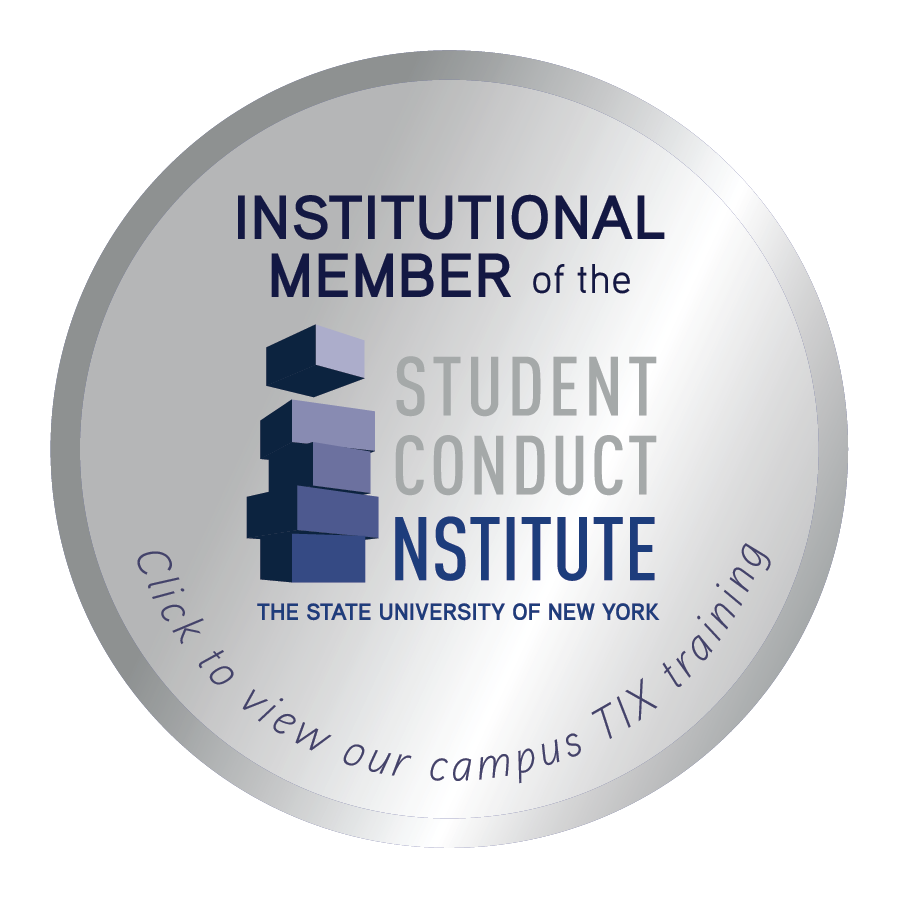Title IX and Policies Prohibiting Sexual Harassment and Sexual Misconduct
As required by Title IX and Title VII and other federal and state laws, The College of Westchester does not discriminate against students or employees on the basis of sex/gender in its educational programs and activities. The College of Westchester further prohibits students, employees and third parties from engaging in sexual misconduct, including sexual harassment, sexual assault, sexual exploitation, domestic violence, dating violence and stalking as those terms are defined below. Any attempt to engage in prohibited conduct may itself constitute a violation of this policy. Any actions knowingly taken to aid, facilitate or encourage another to engage in prohibited conduct and any actions taken for the purpose of interfering in the investigation of an allegation of prohibited conduct shall constitute a violation of this policy. Anyone found to have violated this policy will be subject to disciplinary action as set forth in the procedures below. The College is committed to provide those who feel that they have been subjected to conduct in violation of this policy with mechanisms for seeking redress and resources for support. Accordingly, the College of Westchester prohibits retaliation against any person for complaining of a violation of this policy or for participating in any investigation or proceedings related to an alleged violation.

